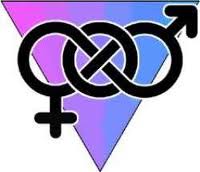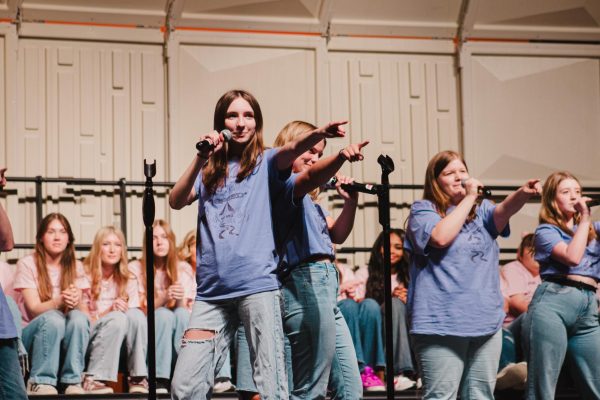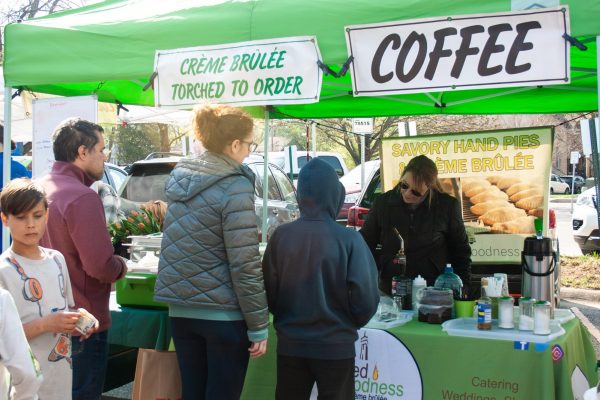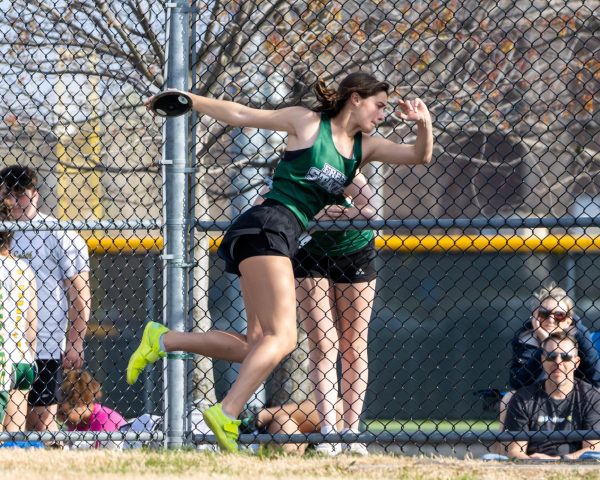David Glauner and Cadence Learned explain their bisexuality

from Anglican Mainstream
When senior David Glauner first told his mom, she didn’t believe him.
The two were shopping at Plato’s Closet for khaki shorts, when Glauner got “a little too picky” about the clothing.
“She was like, ‘You’re never like this, what’s going on?’” Glauner said. “And I was like, ‘Mom, I’m bi.’”
Her response was to laugh it off, not thinking anything of it, and he hasn’t mentioned it since. He said her reaction didn’t surprise him.
“It’s hard to spring things on my mother and expect them to work,” Glauner said.
Despite the fact his father regularly attends LGBT rallies, Glauner said he does not feel comfortable telling his dad about his bisexuality.
“He thinks I’m straight … but I know he’s super supportive,” Glauner said.
Sophomore Cadence Learned, like Glauner, hasn’t outright told her family.
“All my friends [know] but I don’t know about my family; maybe they do, maybe they don’t,” Learned said. “I don’t really think they’d care either way though.”
Glauner’s friends are also aware and supportive of his sexuality.
“Just the girls see me as one of the gals, and the guys see me as one of the guys,” Glauner said. “Sometimes that’s a little weird from an adult’s perspective, but it works out. I mean if somebody asks me to go on a shopping trip I’ll be like ‘Yeah! I’m all along for that!’”
For Glauner and Learned, gender couldn’t matter less.
“It’s the same as being straight or gay; it’s just who I am,” Learned said.
To Glauner, being bisexual simply means that someone is okay with being around and loving everyone.
“There’s that sense of ‘everyone’; not just the opposite sex, not just the same sex,” Glauner said. “There’s just the feeling of inclusion.”
These students have been fortunate to receive support from their peers at school.
“When I was younger I used to [go to] a queer support group, but I never felt like I needed support; I never had trouble with it or anything,” Learned said.
Glauner was in a weights class last semester, and when he told his peers he was bisexual, the reaction was very positive.
“Things were a lot easier for me [because] I felt more secure–I didn’t feel like I was on the verge of being picked on,” Glauner said. “Which probably sounds weird since I’m a 6’1, wide-shouldered senior, but it just felt really good. I felt really close with everyone and just had a good time.”
Glauner said he’d always known he was bisexual, but that it “reared its head” when he was in first grade, while Learned didn’t realize until sixth grade.
“I was just like ‘girls are cool; I like girls, why not? It doesn’t really matter,’” Learned said.
With same-sex intimate encounters on the rise, it is important to recognize the distinction between an experimental phase, and actually identifying as bisexual.
“Someone experimenting doesn’t quite know what they’re looking for,” Glauner said. “I know I went through this phase like, ‘Where am I going with this? … ’ but after a while I felt really solid in how I was feeling and it all really made sense.”
Glauner thinks experimentation is a vital aspect for those questioning, or who are simply curious, about their sexuality.
“I mean, even in science, you don’t know what is going to happen until you try it,” Glauner said.
Your donation will support the student journalists of Lawrence Free State High School. Your contribution will allow us to purchase equipment and cover our annual website hosting costs.







